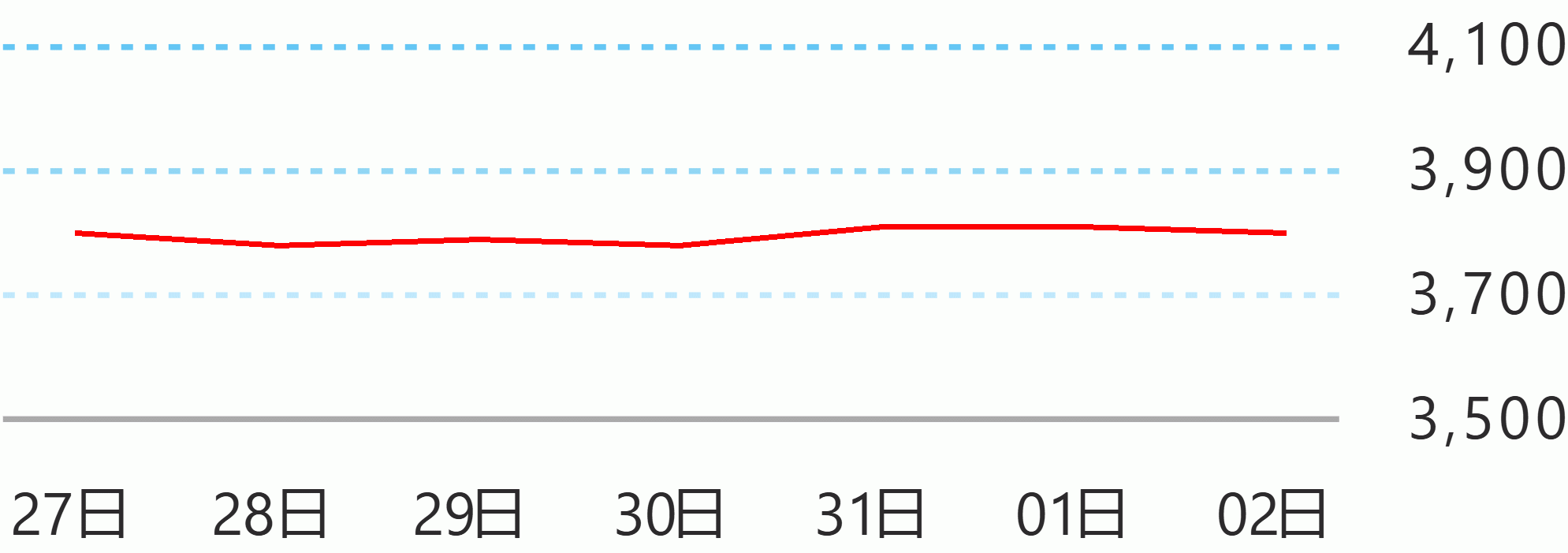President Ferdinand Marcos Jr. has approved the National Economic and Development Authority (NEDA) Board's endorsement of an executive order (EO) extending the temporary modification of the rates of import duty on various products to address supply issues and temper inflation.
In a release, the NEDA said EO No. 171, which temporarily reduces the Most Favoured Nation (MFN) tariff rates on meat of swine (fresh, chilled, or frozen), maize, rice, and coal until Dec. 31, 2023, aims to mitigate and stabilize the impact of inflationary pressures as a result of the Ukraine-Russia crisis, expand supply sources, and reduce the prices of key commodities.
The endorsement by the Board's Committee on Tariff and Related Matters was approved Friday during the NEDA Board meeting presided by Marcos, who chairs the Board.
In a statement on Saturday, Socioeconomic Planning Secretary Arsenio Balisacan said the extension will "provide relief to poor and vulnerable segments of the Filipino population whose welfare is reduced because of high inflation."
"Through this policy, we shall augment our domestic food supplies, diversify our sources of food staples, and temper inflationary pressures arising from supply constraints and rising international prices of production inputs due to external conflict," said Balisacan.
EO No. 171 extends the reduced rates of duty on the following commodities: meat of swine, fresh, chilled, or frozen at 15 percent (in-quota) and 25 percent (out-quota); corn at 5 percent (in-quota) and 15 percent (out-quota); rice at 35 percent (in-quota and out-quota); and coal at zero duty.
Republic Act 10863, otherwise known as the "Customs Modernization and Tariff Act," empowers the President, in the interest of general welfare and national security, and upon the recommendation of NEDA, to increase, reduce or remove existing rates of import duty.
Based on the Board's recommendation, the reduced tariffs on meat of swine, corn, and rice shall revert to their original rates after Dec. 31, 2023.
The zero duty on coal shall be applied beyond Dec. 31, 2023.
Amid a subdued global economic outlook in 2023, Balisacan anticipates favorable economic conditions for the Philippines in the near term.
Balisacan said these include the expected reopening of China's economy, moderating global oil prices, easing of aggressive monetary policy tightening, and sustained remittance inflows.
"We are determined to steer the Philippine economy to meet the 6 percent to 7 percent economic growth target for 2023, as set by the NEDA Board's Development Budget Coordination Committee or DBCC," Balisacan pointed out. Office of the Press Secretary





 English
English










